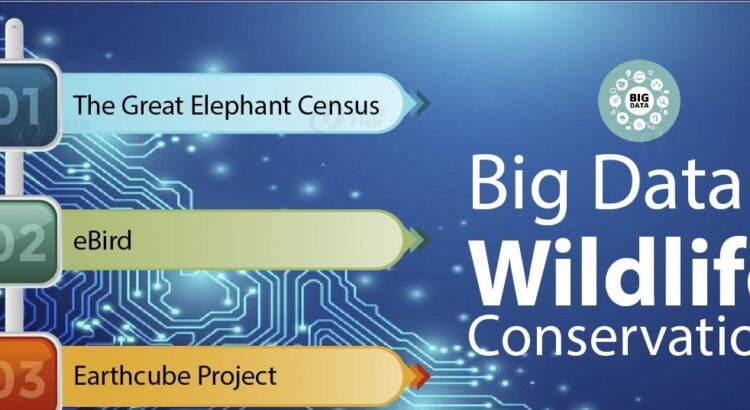Urban wildlife conservation presents unique challenges and opportunities, particularly in increasingly urbanised landscapes. Knowing and protecting the diverse species that inhabit these areas becomes crucial as cities expand. Data science is pivotal in this endeavour, offering tools and methodologies to enhance conservation efforts significantly. For those keen on making a difference in this field, enrolling in a Data Science Course in Bangalore can provide the necessary skills to contribute effectively.
Data Collection and Analysis
The first step in urban wildlife conservation is collecting comprehensive data on species’ presence, behaviour, and habitat use. Modern data collection techniques, such as camera traps, GPS tracking, and citizen science apps, generate vast amounts of data. A Data Science Course in Bangalore equips students with the skills to manage, clean, and analyse these large datasets. Data scientists can use advanced statistical methods and ML algorithms to track patterns and trends that inform conservation strategies.
Predictive Modeling for Habitat Use
Predictive modelling is a powerful tool in urban wildlife conservation. It helps predict how species use urban spaces and how they might respond to environmental changes. For instance, models can forecast the impact of new infrastructure projects on local wildlife populations. Those who have taken a Data Science Course in Bangalore can develop these models, providing valuable insights to urban planners and conservationists. By anticipating the needs and movements of wildlife, cities can be designed to minimise negative impacts on these populations.
Monitoring and Managing Human-Wildlife Interactions
Human-wildlife interactions are shared daily in urban areas and can sometimes lead to conflicts. Data science helps monitor and manage these interactions effectively. For example, analysing data on wildlife sightings and incidents can help identify hotspots of human-wildlife conflict. A Data Science Course teaches students how to apply spatial analysis techniques to these data, enabling the creation of maps and models that inform mitigation strategies. This proactive approach can reduce conflicts and promote coexistence between humans and wildlife.
Biodiversity Assessment and Conservation Planning
Assessing biodiversity in urban areas is essential for effective conservation planning. Data science enables comprehensive biodiversity assessments by integrating data from various sources, such as species inventories, environmental DNA, and remote sensing. Those with a Data Science Course background can apply their skills to create detailed biodiversity maps and models. These tools help conservationists prioritise areas for protection and restoration, ensuring that urban development is balanced with the needs of wildlife.
Community Engagement and Citizen Science
Appealing to the community is a crucial aspect of urban wildlife conservation. Citizen science projects, where the public contributes to data collection and monitoring, are increasingly popular. Data science is vital in managing and analysing the data generated by these projects. By registering for a Data Science Course, individuals can learn how to design and implement citizen science initiatives that harness the power of community involvement. This enhances data collection efforts and fosters a sense of stewardship and awareness among urban residents.
Conclusion: Integrating data science into urban wildlife conservation transforms the field, making it more effective and data-driven. From data collection and predictive modelling to managing human-wildlife interactions and engaging the community, data science offers invaluable tools for conservationists. A Data Science Course in Bangalore provides the necessary education and skills to harness these tools, empowering individuals to make meaningful contributions to urban wildlife conservation. As cities continue to surge, the role of data science in preserving biodiversity and promoting coexistence becomes increasingly essential, highlighting the need for interdisciplinary approaches and innovative solutions.
For More details visit us:
Name: ExcelR – Data Science, Generative AI, Artificial Intelligence Course in Bangalore
Address: Unit No. T-2 4th Floor, Raja Ikon Sy, No.89/1 Munnekolala, Village, Marathahalli – Sarjapur Outer Ring Rd, above Yes Bank, Marathahalli, Bengaluru, Karnataka 560037
Phone: 087929 28623
Email: enquiry@excelr.com





